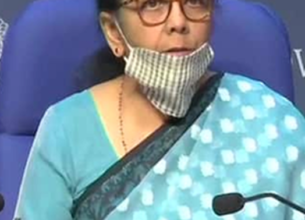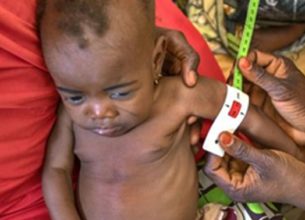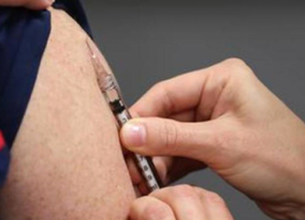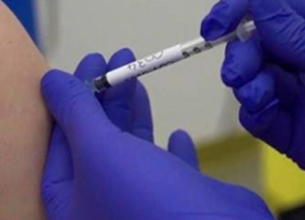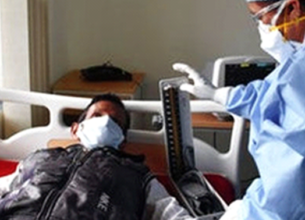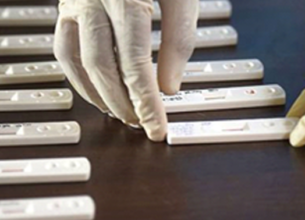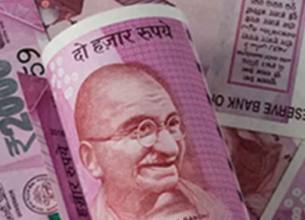COVID -19 AND ITS EFFECTS ON MEASLES IMMUNISATION PROGRAM
15, Apr 2020
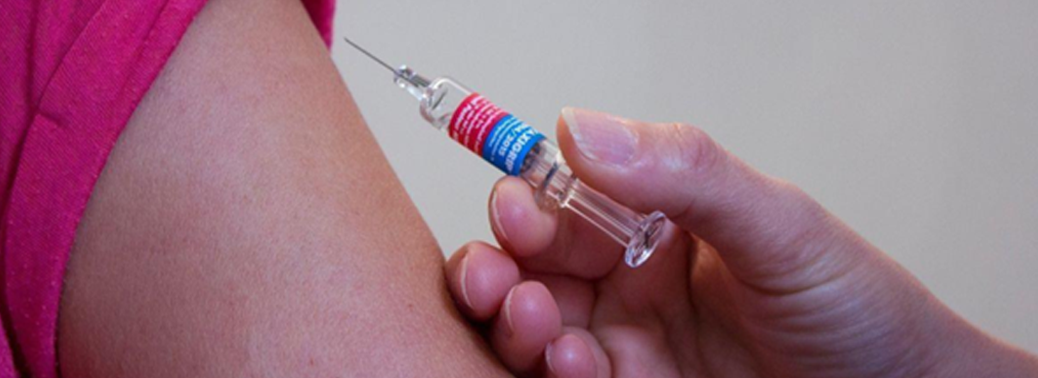
Prelims level : International
Mains level : GS-II Bilateral, Regional and Global Groupings and Agreements Involving India and/or Affecting India’s Interests.
Why in News?
- Recently, the UN noted that around 117 million children worldwide are at risk of contracting measles because dozens of countries are curtailing their vaccination programmes as they battle COVID19.
Highlights:
- Due to the COVID-19 pandemic, measles immunisation campaigns have been delayed in 24 countries and will be cancelled in 13 others where healthcare systems are already inadequate.
- While there is a vaccine for measles, the disease claimed 140,000 lives of mostly infants and babies in 2018.
- The coronavirus pandemic, which has necessitated many prevention measures including strict lockdowns, has kept infants from getting routine immunisation services from some other diseases such as polio, yellow fever and cholera.
Measles:
- Measles is a highly contagious viral disease and despite the availability of a vaccine against it, it remains to be a leading cause of death among young children globally.
- The disease is transmitted via droplets released from the nose, mouth or throat of infected persons.
- The initial symptoms occur 10-12 days after contracting the infection and include high fever, a runny nose, bloodshot eyes and the appearance of white spots on the inside of the Mouth.
- Some of the most serious complications arising out of the disease include blindness, encephalitis (brain swelling), severe Diarrhoea, dehydration and severe respiratory infections such as pneumonia. The disease is still common in parts of Africa and Asia and is more likely among poorly nourished children, especially those who are deficient in vitamin A.
Effects on Mass Immunisation Drives:
- Mass immunisation drives and routine vaccination for children are the key public health strategies against the disease. Therefore, delaying the campaigns affects these strategies, potentially putting the life of thousands of children at risk.
- Countries including Mexico, Bolivia, Lebanon, Nepal and Chile among others have delayed their immunisation campaigns. It notes that children in rich countries are also not totally immune to this disease, since many parents (presumably a part of the antivaccination movement) refuse to get their children vaccinated.
- The WHO released an interim guideline for carrying out immunisation activities during COVID-19, which says if immunisation actvities are negatively impacted during the pandemic, respective countries will need to design strategies for delivering “catch-up” vaccines after the outbreak subsides.





